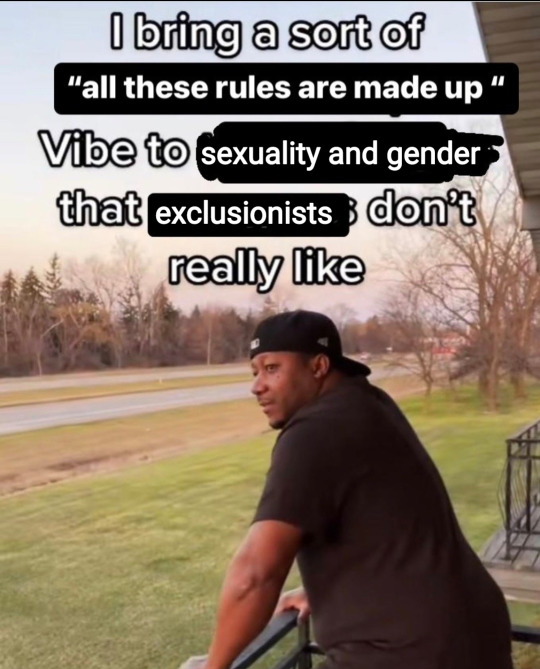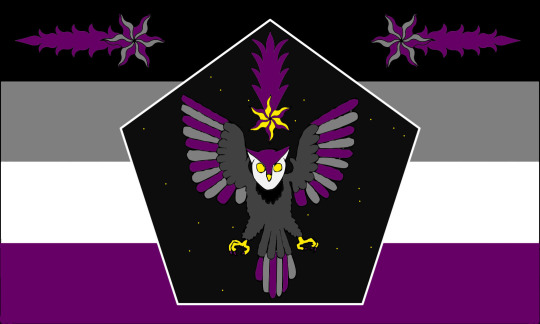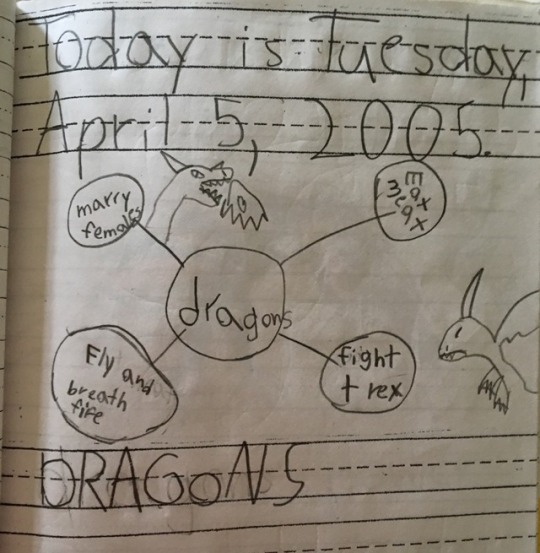Nonbinary. Ne/nem/nirs (preferred), they/them (acceptable). Pagan. Autistic. Aroace. History nerd. Fantasy nerd. Steampunk enthusiast. Ask box open!
Don't wanna be here? Send us removal request.
Text
my fave writing reminder

honestly, this phrase has been on my mind more times than i can count. i've kidnapped it, taken it as a hostage with no ransom money because i need it to live permanently in my head.
42K notes
·
View notes
Text

Image Description: The "I bring a sort of X vibe to X that X don't really like" edited to say "I bring a sort of all these rules are made up vibe to sexuality and gender that exclusionists don't really like"
98K notes
·
View notes
Text
saying “you are a burden on society” is just such a weird framing of priorities It’s like saying “wow, think how much better gas mileage your car would get if you weren’t sitting in it” or “think how dry that umbrella would be if you weren’t holding it in between you and the rainstorm”. the things we create? they’re for us. they are meant to carry us. they are meant to protect us. we are meant to hold them up to keep us dry.
160K notes
·
View notes
Text

You know I will actually









45K notes
·
View notes
Text
i do not care if someone learned compassion from a cartoon or a comic or an anime im just glad they're here with us now a better person fighting the good fight. should it have taken something so trivial? maybe not- but it's in the past! and this is the now! and if they're objectively better for it who cares
62K notes
·
View notes
Text
it took me so long to get it, but of course buffy summers goes an extra mile when fighting monsters, of course she does backflips, high jumps and pirouettes. she did cheerleading, she liked ice skating, and now she just doesn`t have neither time nor opportunity to do these things that she enjoyed to do as a normal girl, so of course she would involve in her fighting style all the elements she loves to still feel conected to the girl she was (and she still is that girl). of course she is dancing.
#buffy the vampire slayer#good for her#i'm in the middle of a rewatch right now#and it's still better than most new things on tv
2K notes
·
View notes
Text

[3]
OH SHIT ARE WE GETTING OUT THE TSUBASA?
ARE WE GETTING DOUBLE TSUBASA TIME?

File this under Incredible Visuals That Were Worth The Wait
It’s the Double Sakura Team Up that dreams are made of!
WHERE IS TOMOYO SHE NEEDS TO SEE THIS
59 notes
·
View notes
Photo

Throwback Thursday: a helpful chart describing the major behaviors of dragons I made when I was 7
86K notes
·
View notes
Text
Rereading xxxHOLiC i find myself screaming at Doumeki. Just say you’re in love! Watanuki is dumb, so he won’t pick up on context clues unless you hit him over the head with the Jorougumo! Or at least kiss him on the face, that’d surely get the message across. It’s because you never told him how you felt in a way he could understand that things ended up the way they did!
15 notes
·
View notes
Text
“Big Pharma” okay are we talking about how privatization and monetization has deeply corrupted the field of medicine or are you talking about how you think chemicals in the water are making the frogs gay
150K notes
·
View notes
Text
guys. proship tumblr is genuinely awesome. ONE day on here and people are already nicer to me than on literally every other type of fandom space ive ever been in. whats the science behind this
113 notes
·
View notes
Text
most obvious example of something creepy + wet is not any kind of Creature or Monster it is in fact . vegetable you forgot about in the fridge
14K notes
·
View notes
Text





199 notes
·
View notes
Text
I am spoiling the live action Lilo & Stitch. And I am doing it up front and plainly.
Do not fucking see this movie. Do not waste your money on this. Period.
They made Nani give Lilo up to the American government. They made Nani LEAVE Hawaii and pursue being a marine biologist. They made a native Hawaiian character give up her sibling to pursue a dream that she originally did not have. This is imperialist propaganda at its FINEST.
The original fucking movie is about family staying together. It's about indigenous people being able to stay with each other and stay in their home and be together! That's the whole fucking point! Nani is Lilo's last living relative on her homeland—it is jarring, it is disgusting and disturbing that Nani would not only leave her last blood relative alone, give her up to the very government that is harming native Hawaiians TODAY, but also travel to the "mainland" for her dream!
Not to mention, Nani's actress isn't fucking Hawaiian. She's much paler in photos and real life. They fucking darkened her for this movie.
Don't even get me started on the transgender subtext of Pleakley's "human" disguise from the original movie being completely erased in favor of him being played by a regular ass white man. Jumba doesn't have his accent, they made him more villainous, and his "human" disguise is a non-fat white man—which part of his original joke, I know, is that he was bigger and was more clumsy in the movie because of his size, but to have the main shape of his character completely removed is also fucking weird.
This live action movie is a desecration to the original. I encourage you to not see it, please. Don't give Disney any of your money on this one. Just watch the original. Please just watch the original.
The new message in the live action movie is disturbing and gross.
This is one of the most disrespectful live actions I've seen and heard of. I implore you to not watch it.
#lilo and stitch#lilo and stich 2025#man i thought live action disney remakes could not get any worse
77K notes
·
View notes


